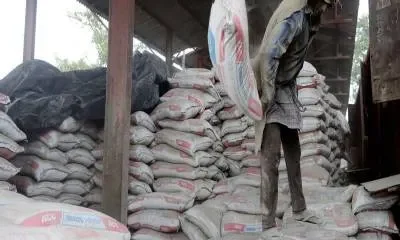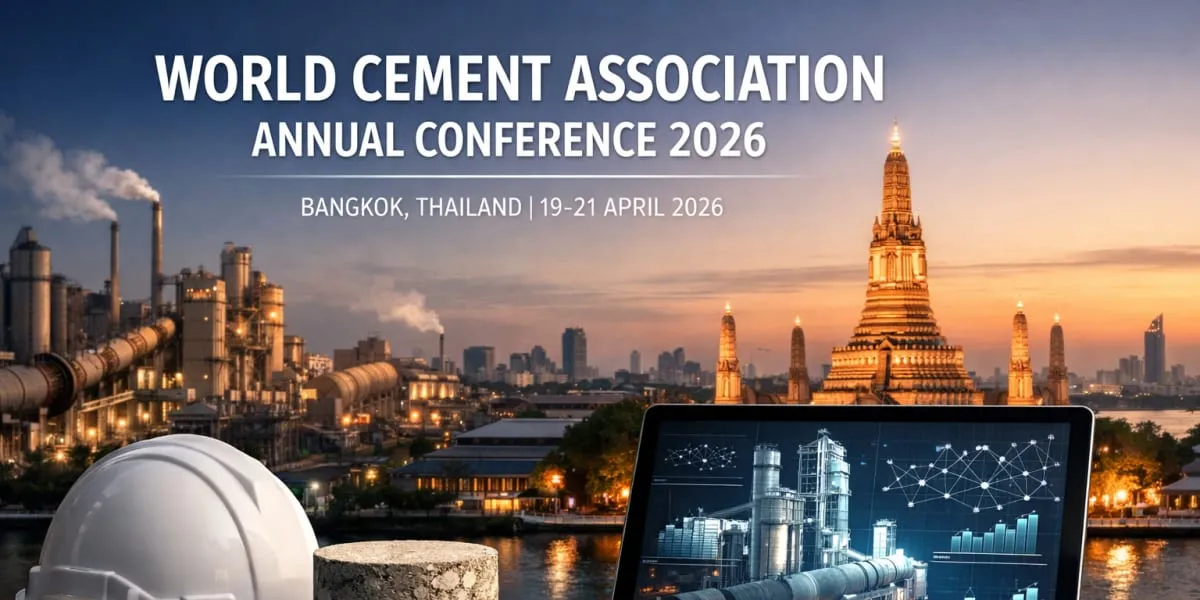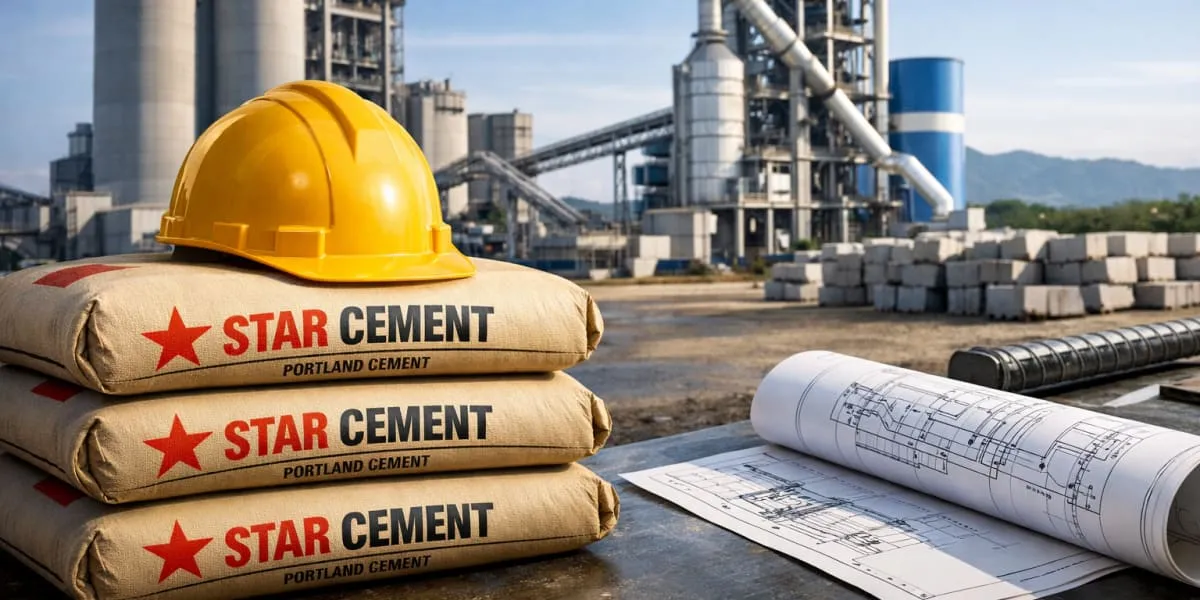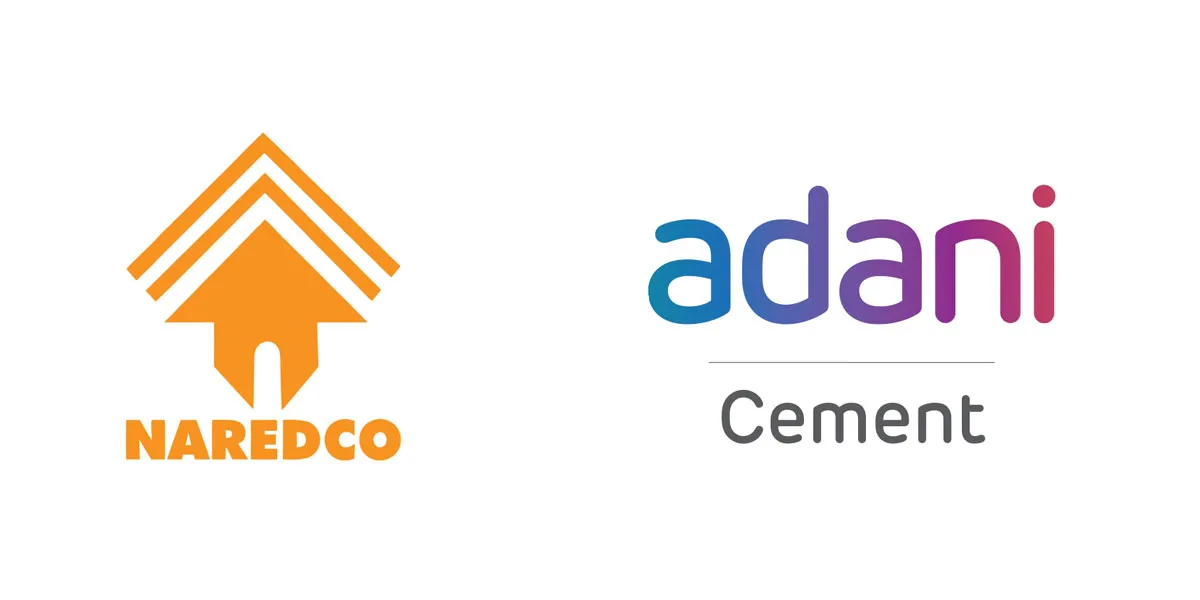Sunil Kumbhar, CEO and Director, AltSF Process, talks about how automation, technology and a commitment to sustainability is driving them to reshape the future of cement production.
Tell us about the range of materials that your equipment can handle and process.
AltSF Process has designed various equipment for application of co-processing of the solid alternative fuels. All the equipment is designed to accept all possible materials, so that the cement factory gets the flexible system. With a flexible system they are always ready to receive any material having some calorific value for energy substitution. In general, we accept grain size up to 500mm, surface moisture content up to 45 per cent and density between 0.1 and 1.2 t/m3.
How does your process convert bulk material fit for consumption as an alternative fuel?
Ideally, suppliers of the alternative fuel or bulk materials should provide a processed waste to the cement industry. But if quality is poor, shredder and screening machines are necessary to pre-process the waste to convert them to RDF. Based on the type of available bulk material, we can select the appropriate equipment shredder, screening, separation and sorting for preparation of the RDF.
Tell us about your products and their role in the cement manufacturing process?
AltSF Process products are used mainly for co-processing of the alternative solid fuels. For cement factories using fuels in their process, it requires uniform flow of the fuel, safe feeding in the calciner or kiln. All our equipment is designed to handle this uniform flow needed. Alternative fuels tend to jam at every location, so critical design thinking is necessary for optimised layout designing, which the AltSF team is delivering to users.
What is the role of automation and technology in your products and services?
Handling alternative fuels, specifically these days, unprocessed municipal solid waste coming to cement plants is of very hazardous nature. Bad odour, unhygienic waste has a hazard to deploy people to work in handling these materials. Hence, cement plants require fully automated arrangements monitored from their control room for all operations. AltSF delivers fully automated arrangements for all handling stages like storage management, extraction of waste, accurate weighing, conveying and safe feeding inside the kiln.
How does the use of your products and services impact the productivity and efficiency of cement making?
For cement factories the priority is to make cement and this is achieved through a precise control of temperature and process times inside a pyro-process section. We help by providing a solution that works for them without hampering the cement making process. Our unique solutions with uniform flow and safe feeding at high temperature of calciner allows cement factories to use alternative fuels in big volumes. One of our installations is able to feed 60 tph of RDF, after necessary cement manufacturing process updates.
What are the major challenges that you face as a provider to the cement industry?
Working conditions in alternative fuels are not favourable for a person to work in, resulting in less manpower with correct skills available in this sector. AltSF Process management is very much service oriented and wishes their customers to use alternative fuels in its best possible way. But we need to spend a lot of time training new people at this stage. We are sure, with positive work on training from ASAPP, CII and NCCBM this skill levels will go up soon. We are sure, industry just started because of the high volume of fuels and within a few years,
our industry will have more skilled manpower for this sector.
How do you envision the future of use of alternative fuels in the cement industry?
We are sure, in the near future, the quantity of alternative fuels in the cement industry will grow. Cement industry co-processing provides the right platform for waste recycling, as there is no residue after use, everything becomes part of cement itself. Since we are the second largest cement manufacturer, we also have the capability to consume our waste in the right way, without hampering the environment. We see a future without waste and a cement industry with more than 80 per cent alternative fuels.


 Economy & Market4 weeks ago
Economy & Market4 weeks ago
 Economy & Market4 weeks ago
Economy & Market4 weeks ago
 Concrete1 month ago
Concrete1 month ago
 Concrete1 week ago
Concrete1 week ago




















